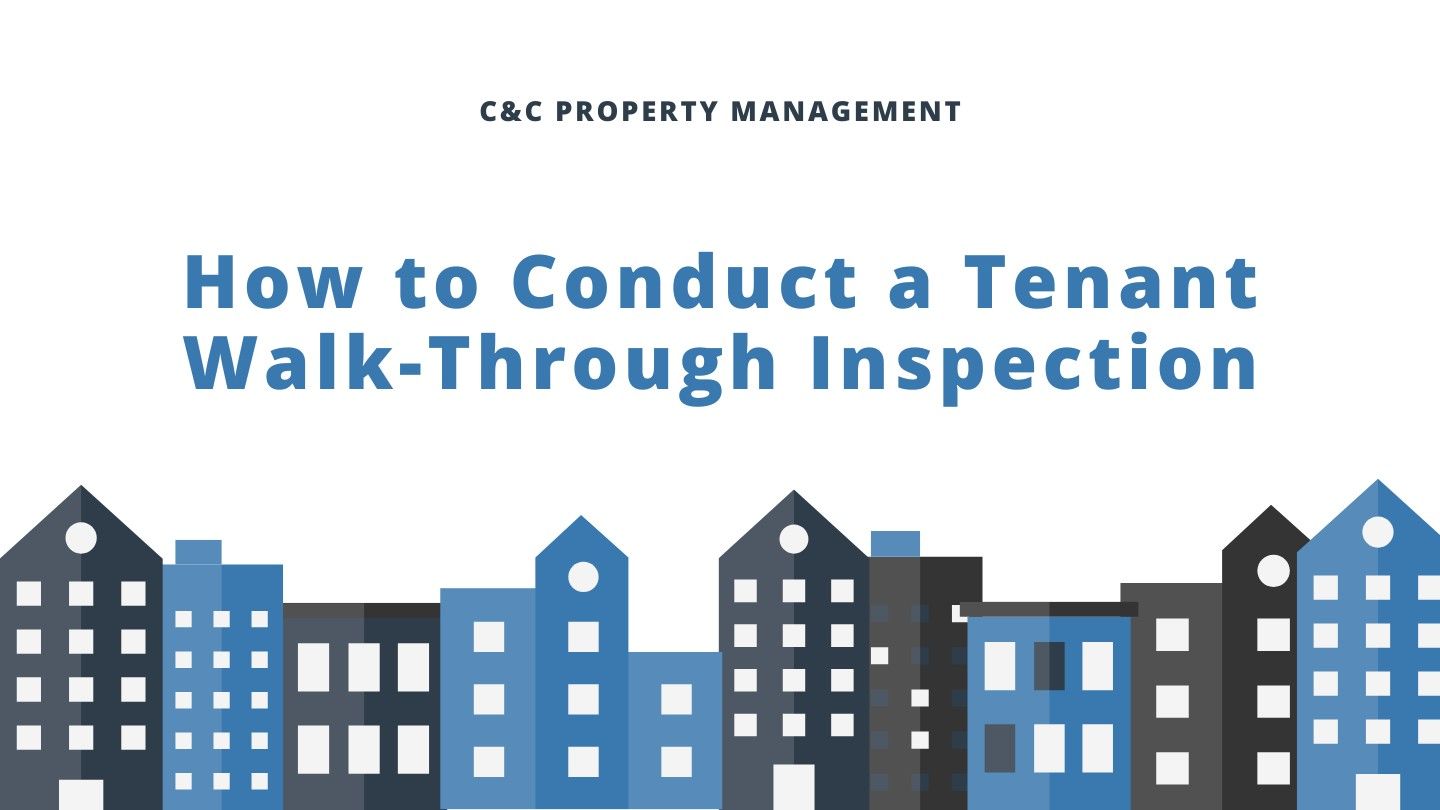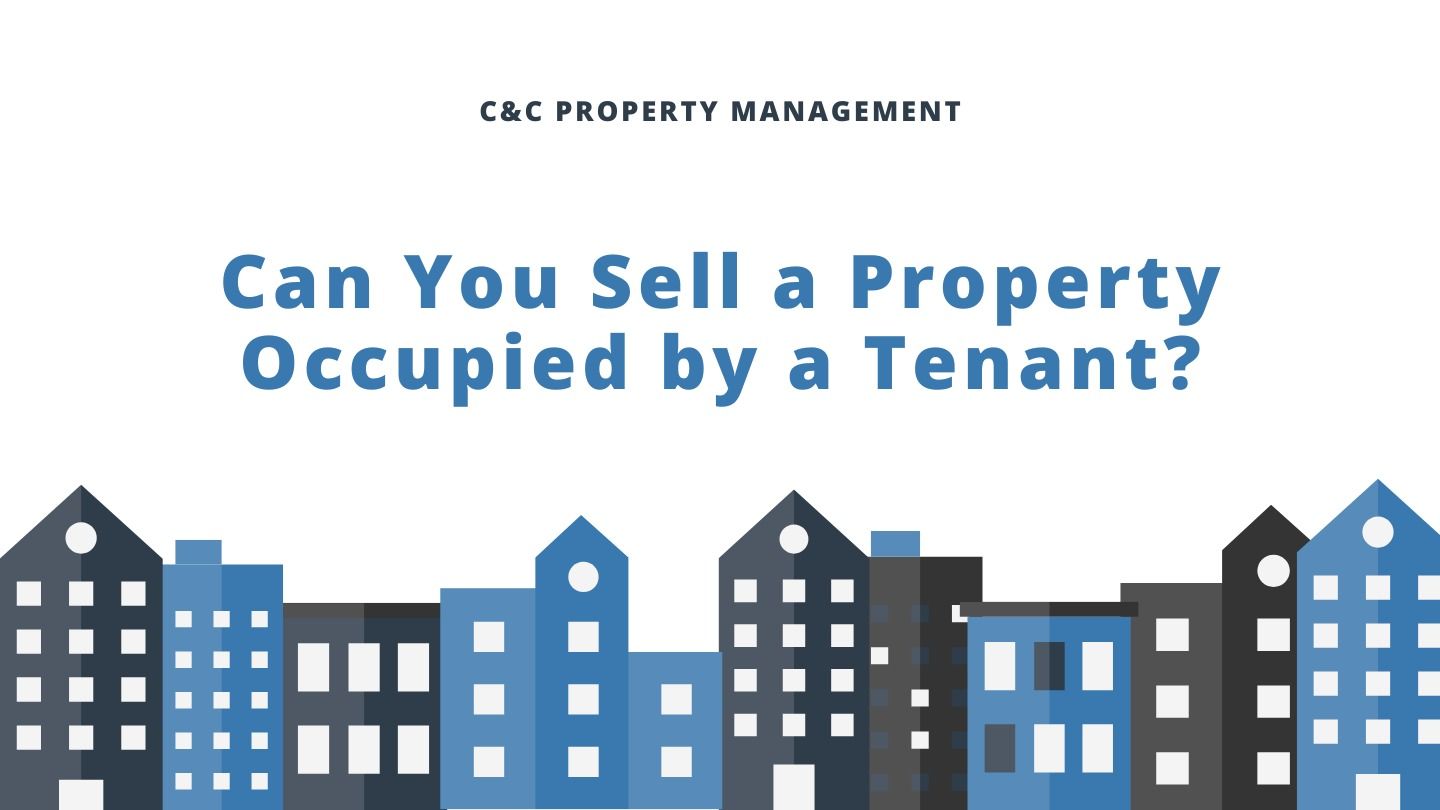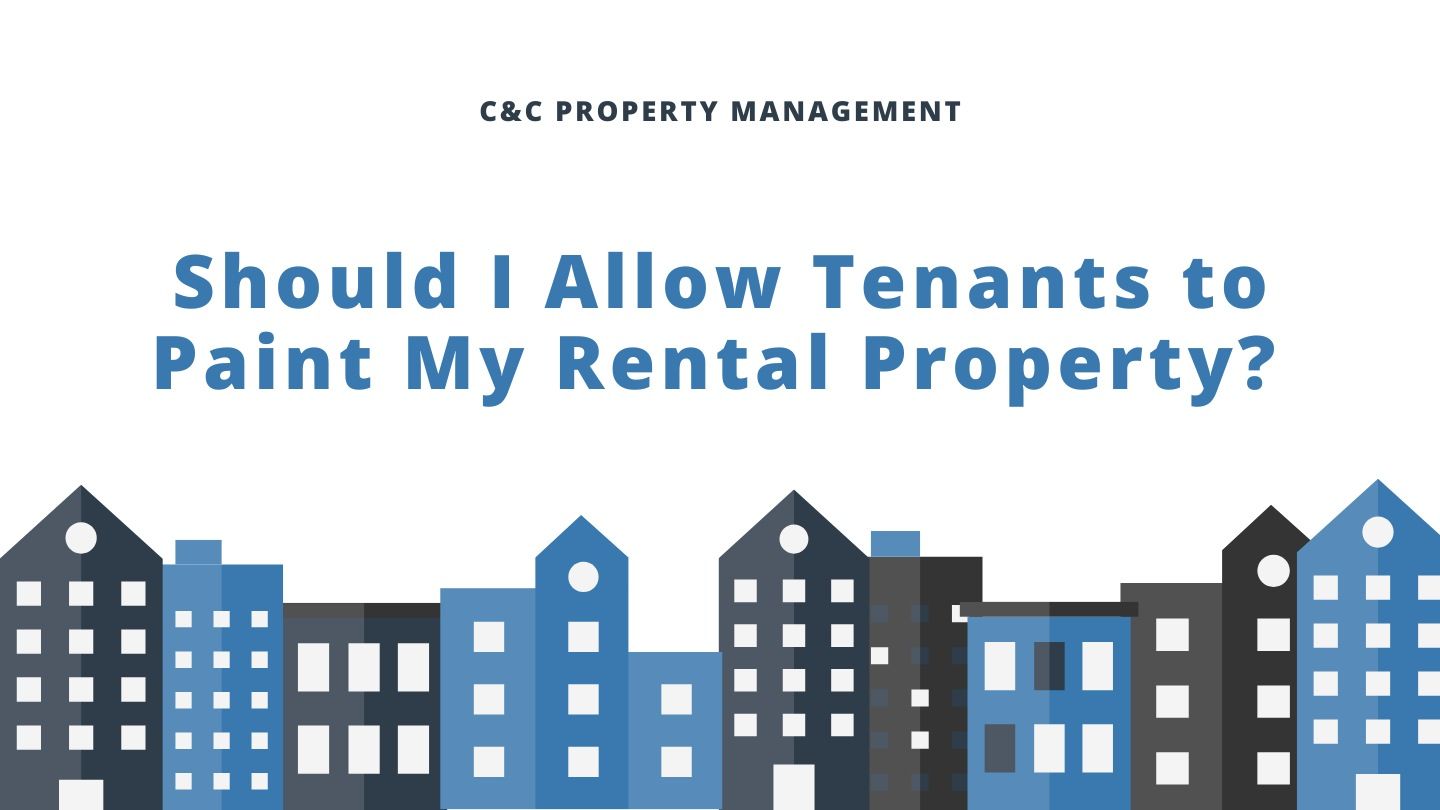Tips to Keep Your Home (and Investment) Safe
Owning a property is a surefire way to grow your money over the long term. Property appreciation rates ensure that the value of your investment grows over time and provides a hedge against inflation. Moreover, by renting out your property, you can earn a steady passive income and achieve financial freedom with minimal effort.
That said, investment properties are vulnerable to risks like problematic tenants, property damages, trespassers, and squatters. Moreover, long periods of vacancies can lead to financial strain due to the lack of rental income and increased maintenance costs.
As a real estate investor, we know that keeping your property safe is your top priority. That’s why the experts at C&C Property Management have written this guide. Keep reading to discover essential tips and best practices for keeping an investment property safe!
Invest in a Security System
No matter where your property is located, there can still be certain security risks. The best way to deter them is by installing high-quality security systems in your home. Motion sensor lights, sturdy door locks, and surveillance cameras can also help prevent dangerous situations. Moreover, security systems allow you to keep a close eye on your property even if you’re away, which is essential when you’re renting out your home.

Familiarize Yourself with the Local Laws
Property owners have to comply with many laws and regulations, from paying property taxes to adhering to HOA rules. Additionally, if you own a rental property, you will have to comply with the state landlord-tenant laws, including security deposit and the Fair Housing laws. Familiarizing yourself with these regulations will keep you and your property protected from legal liabilities and prevent potential disputes with tenants.
Conduct Regular Inspections
By conducting regular property inspections, you’ll be able to identify maintenance issues and potential hazards before they escalate. This not only minimizes the risk of emergency repairs but also helps maintain the value of your property over time. If you own a rental property, conducting regular inspections will also allow you to ensure tenants are complying with the terms of the lease and taking good care of your property. Additionally, if your property is vacant, inspecting it regularly will help in minimize the risk of squatters or trespassers settling in.
Screen Tenants Thoroughly
You must have an effective screening process in place. This will not only allow you to find suitable tenants but can go a long way in keeping your investment protected. A good screening process will help you spot problematic tenants early on, minimizing the risk of holdover tenancies, nonpayment of rent, and eviction.

Write a Solid Lease Agreement
Drafting a solid lease agreement will help you keep your rental property safe throughout tenancies. By clearly outlining your expectations and rules for tenants regarding maintenance, safety, and security measures in the rental agreement you can ensure that tenants understand their responsibilities in maintaining a safe living environment. Moreover, a well-written lease can greatly reduce the likelihood of disputes or misunderstandings later on.
Create an Emergency Preparedness Guide
Even with regular property inspections and maintenance, your property will never be fully protected against emergencies. Unfortunately, emergency repairs and natural disasters are an unavoidable risk that comes with owning a residential rental property. While you cannot prevent them completely, you can actively work to minimize the potential damages.
Knowing how to act in case of an emergency can prevent problems from escalating further. You can start by creating an emergency preparedness guide that includes the contact information for your local emergency services and trusted contractors, evacuation procedures, and instructions for shutting off critical utilities. Additionally, you should consider conducting drills to ensure your tenants know how to act in the event of a crisis.
Invest in Insurance
Most insurance policies offer protection against regular property damages, legal liabilities, and even natural disasters. This will protect the return on your investment in case of an emergency.

Note that if you own a rental property, you shouldn’t get regular homeowners insurance but rather invest in landlord's insurance. Unlike standard policies, this type of insurance will protect your investment from tenant-caused damages, third-party liabilities, and even loss of rental income.
Partner with a Property Management Company
Managing a rental property requires round-the-clock availability. If you don’t want to be on call 24/7 or would rather not deal with the stress of an emergency, you should consider hiring a property management company. These professionals are well-equipped to take over all the maintenance needs of your rental, including unexpected emergencies.
With their tools and resources, any issue that comes up will be resolved in a timely and cost-effective manner. Additionally, they can help you protect your investment from liabilities by helping you comply with local regulations, screening potential tenants, and drafting a solid lease agreement!
Bottom Line
Real estate investments carry far-reaching potential, as the value of properties continues to rise over time. However, lack of planning and research can lead to financial losses when investing in a property. Moreover, rental properties are at risk of property damage and legal liabilities. By familiarizing yourself with your local rental laws, drafting a solid lease agreement, screening tenants, and getting landlord’s insurance, you’ll be able to keep your rental investment protected at all times.
Furthermore, hiring a seasoned property manager will allow you to keep a close eye on your property. If you’re looking for a trusted property management company in California, contact C&C Property Management today!








